Germany has approved plans to legally recognise a third gender
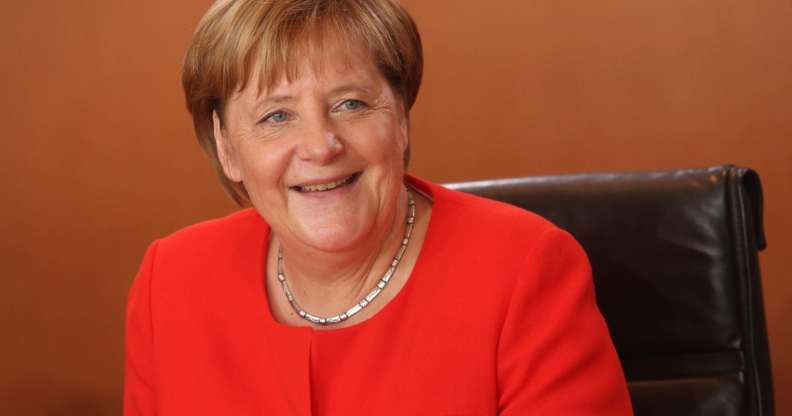
German Federal Chancellor Angela Merkel (Adam Berry/Getty)
Germany’s government has approved plans to introduce a third gender on official forms.
In November, the highest court in the country ruled in favour of an intersex person and ordered the Parliament to legally recognise a third gender from birth or remove gender from documents.
Germany was the first European nation to introduce the option for parents to select a blank option on birth forms, rather than ‘male’ or ‘female,’ taking the leap in 2013.
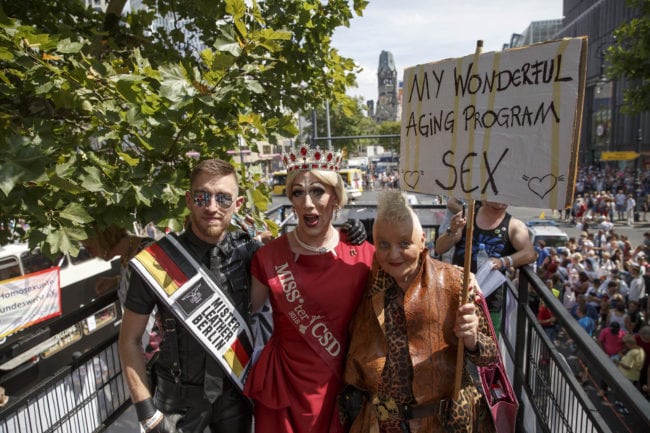
A Pride march in Berlin (Carsten Koall/Getty)
The landmark move, which will replace the blank choice with an option called “diverse,” still needs parliamentary approval, according to the Associated Press.
Franziska Giffey, the centre-left minister for family affairs, said the cabinet’s approval was “an important step toward the legal recognition of people whose gender identity is neither male nor female.”
In June, German President Frank-Walter Steinmeier asked for forgiveness over the “suffering and injustice” caused to gay people under Nazi rule and in the decades after.
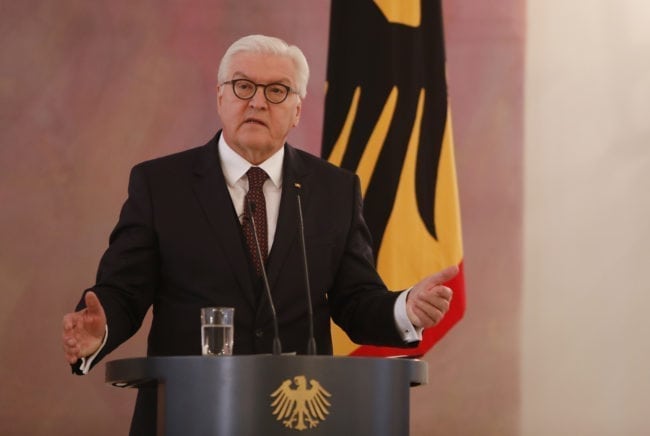
German President Frank-Walter Steinmeier (Michele Tantussi/Getty)
The president was speaking at a ceremony in Berlin which marked the 10th anniversary of a monument commemorating the gay men persecuted by the Nazis.
He said: “The German state has inflicted heavy suffering on all these people, particularly under the Nazis, but also after that, in East Germany and also under the basic law.”
Steinmeier added that the ceremony honoured the “many tens of thousands of people whose private spheres, lives, love and dignity were infringed upon, denied and violated.”
Some 50,000 homosexuals – mostly gay men – were officially sentenced by the Nazis, although up to 100,000 were arrested.
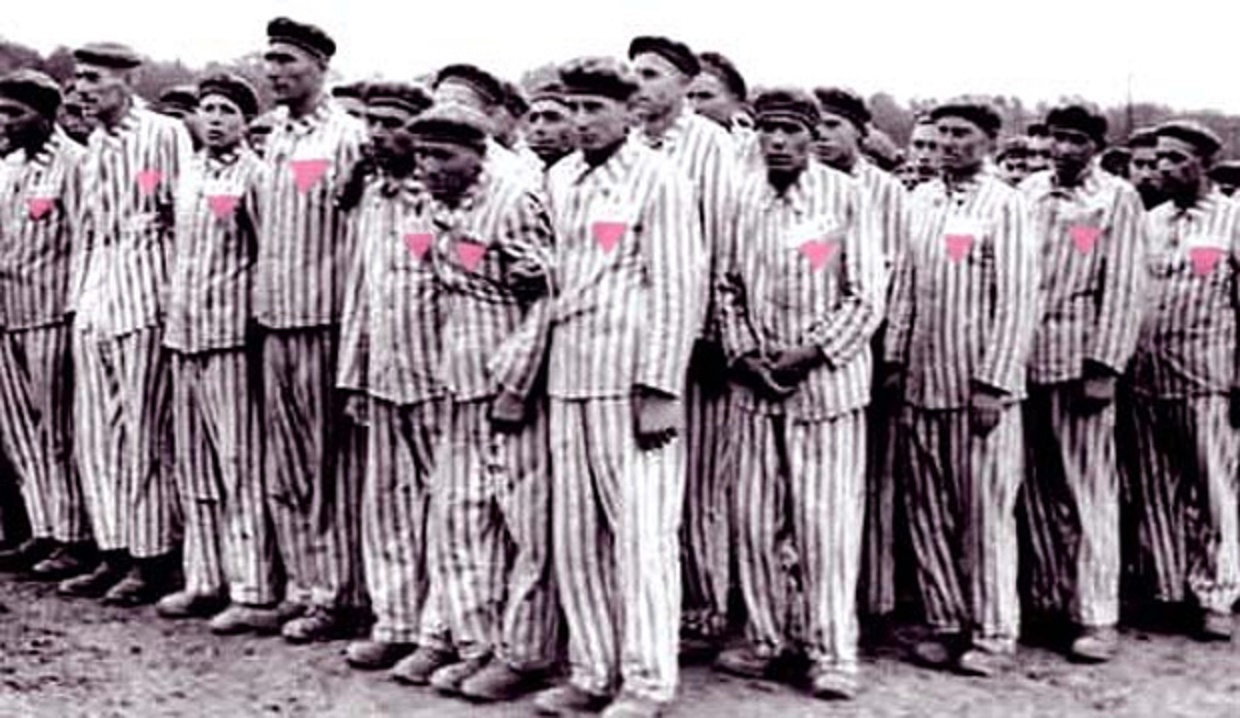
Gay men in a Nazi concentration camp
It’s estimated that between 5,000 and 15,000 were sent to concentration camps. Other punishments included torture and prison.
Steinmeier told the crowd: “For this reason, I am asking for forgiveness today — for all the suffering and injustice and for the long silence that followed.”
Earlier this year, Canada announced that it would recognise third gender options and let people self-identify on government surveys and forms.
Taiwan moved towards adding a third gender to passports in January.
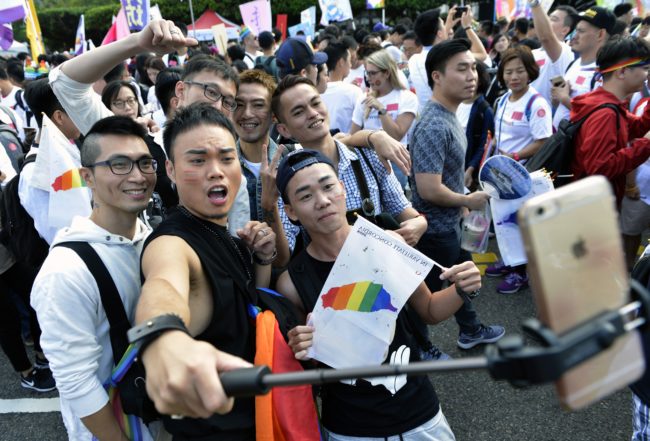
Taiwan moved towards adding a third gender to passports in January (SAM YEH/AFP/Getty)
Australia, Austria, Denmark, Germany, Malta, New Zealand, Pakistan, India, Ireland and Nepal have also introduced, or are in the process of introducing a third gender option on official documents.
Some states in the US have also added a third gender to forms.
Washington announced that it would recognise non-binary people earlier this year, by putting ‘X’ alongside ‘M’ and ‘F’ on documents like driving licenses and birth certificates.
Washington DC, on the other side of the country from Washington state, became the first US territory to create an official third gender last year.
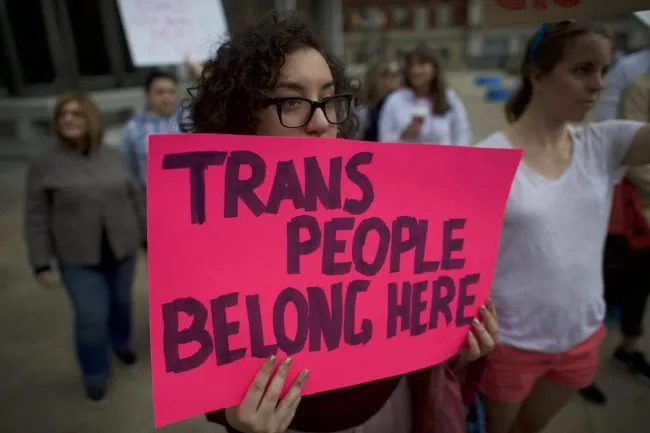
Oregon, Washington, DC and California have all moved towards adding a third gender to forms (Mark Makela/Getty)
Just two days after DC passed its law in June, Oregon’s law came into effect, making it the first US state to legally recognise non-binary people.
“This change in ID is a huge piece of validation for me,” J Gibbons, a non-binary, transgender Portland resident said at the time.
And in October, California followed suit – though its law will only be implemented in 2019.

